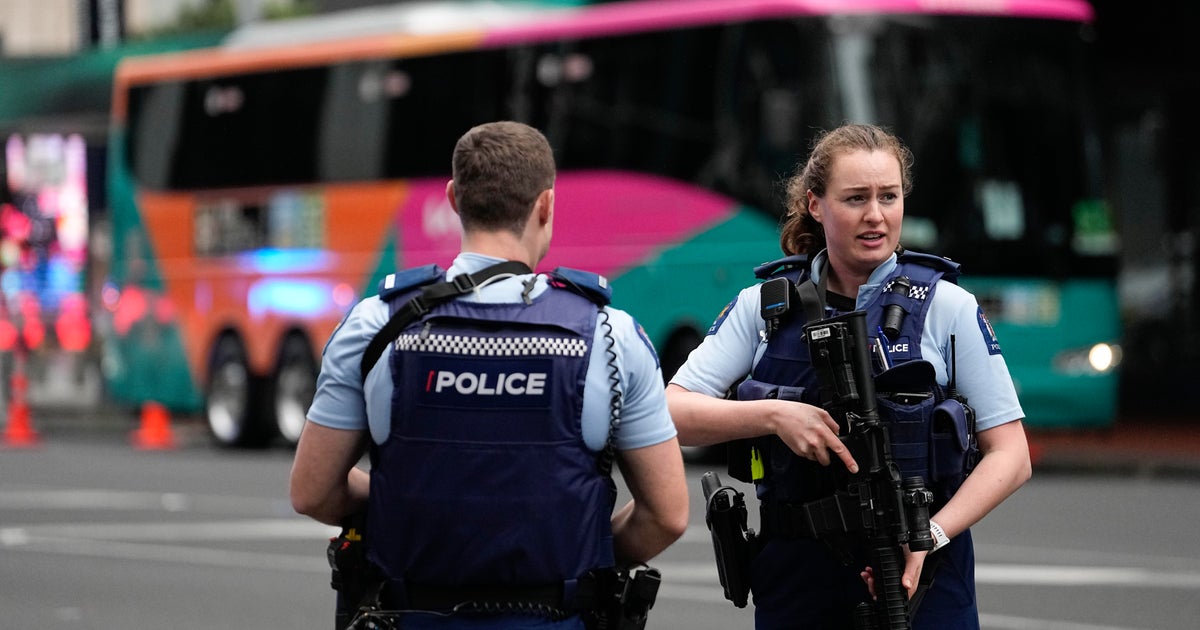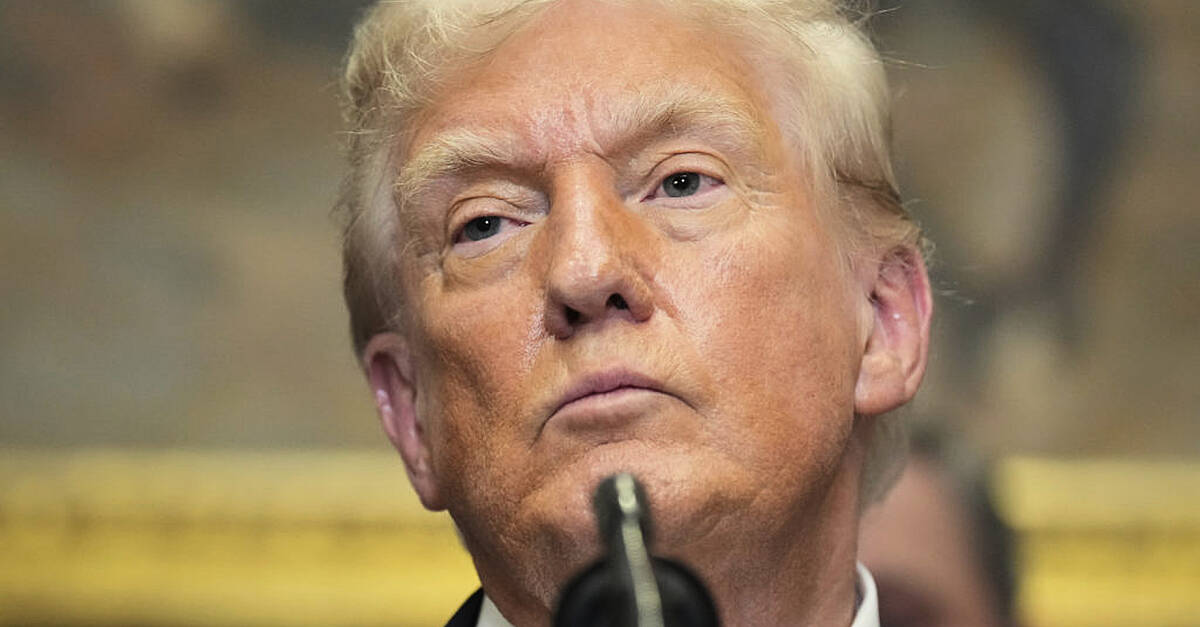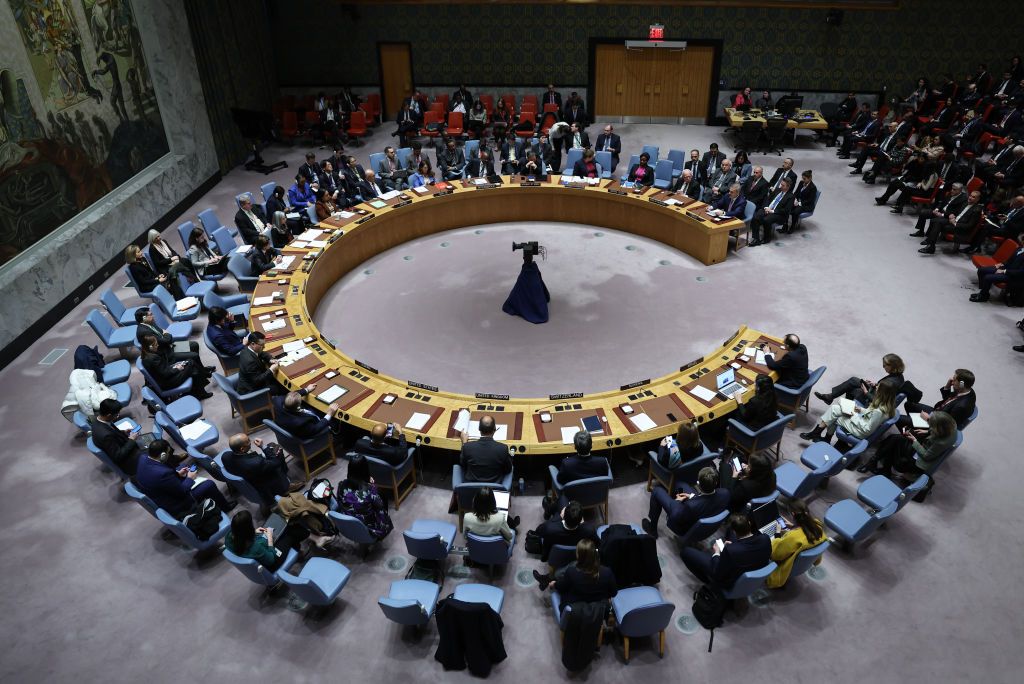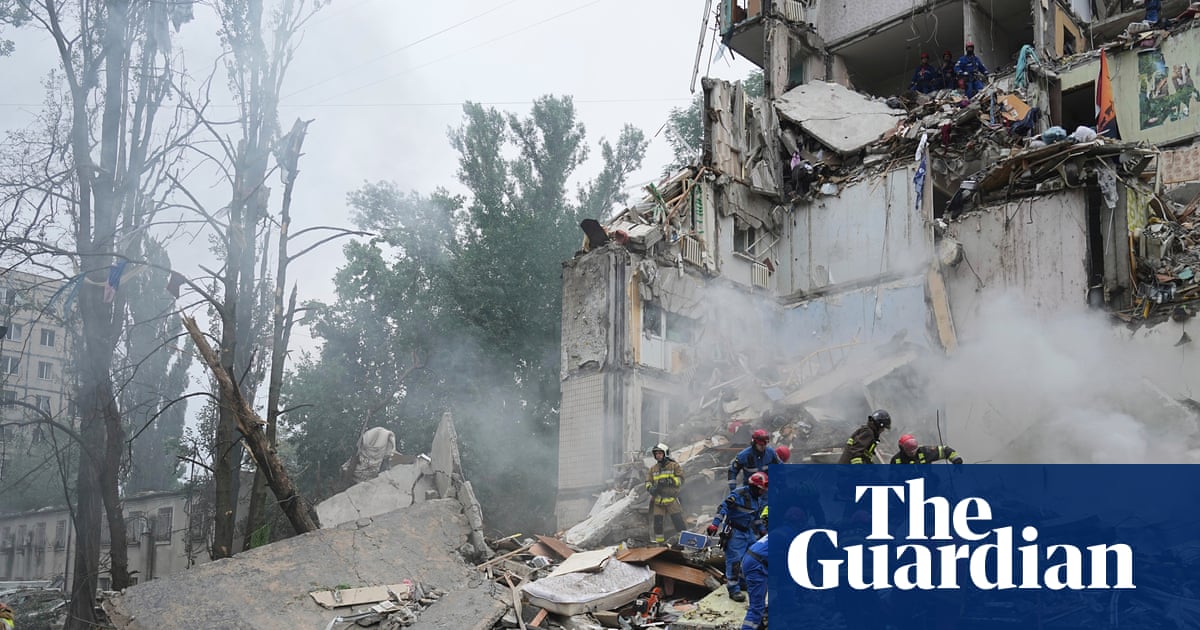Macron Urges Coalition Among Europe and Asia to Navigate U.S.-China Tensions

During a significant address at the prestigious Shangri-La Dialogue in Singapore, French President Emmanuel Macron urged countries in Europe and Asia to come together and form a robust coalition. This call to action is particularly pertinent as the world faces an escalating divide between the United States and China, which Macron characterized as a dangerous scenario for global stability.
Macron's speech resonated with the prime ministers and defense ministers present, as he highlighted the need for Indo-Pacific nations to establish a 'new coalition' that can effectively counter the 'constraints and side effects' that arise from the intensifying rivalry between these two superpowers. He emphasized the importance of collective efforts in order to mitigate the risks stemming from this geopolitical split.
In his remarks, Macron expressed France's dual role as both an ally of the United States and a cooperative partner with China. He stated, 'France is a friend and an ally of the United States, and is a friend, and we do cooperate — even if sometimes we disagree and compete — with China.' This statement underscored France's commitment to balancing its partnerships while fiercely advocating for its own national interests.
Highlighting the serious implications of the U.S.-China rift, Macron declared that the 'division between the two superpowers' presents one of the most significant challenges facing the international community today. His speech comes at a time when tensions in the region are heightened, reflecting the broader concerns of many nations caught in the crossfire of this trade war.
This appeal for unity is part of Macron's broader regional tour that has included visits to Vietnam and Indonesia. In Jakarta, Macron and Indonesian Defense Minister Prabowo Subianto signed a preliminary defense agreement, which could facilitate Indonesia's procurement of French military equipment, including advanced Rafale fighter jets and Scorpene submarines. This deal represents a strategic move for France to enhance its defense ties in Southeast Asia.
Furthermore, during his time in Vietnam, France and Vietnam entered into substantial agreements related to Airbus aircrafts, defense partnerships, and other initiatives, collectively valued at over $10 billion. These agreements reflect a growing commitment to enhancing defense capabilities in the face of regional threats.
Macron articulated concerns regarding the unpredictable nature of international trade, stating, 'ASEAN and Europe are impacted by the unpredictability of the new tariff approach and the end of a rule-based order for trade.' He warned that such uncertainty could detrimentally affect the economies of these nations and hamper their abilities to finance essential defense initiatives.
Macron's renewed focus on engaging with the Indo-Pacific region emerges against the backdrop of rising tensions between China and the United States, even as recent diplomatic efforts have sought to ease trade tensions. The Trump administration’s aggressive stance, including threats to revoke visas for Chinese students and impose restrictions on the sale of chip design technologies to China, further complicates the landscape.
In light of these developments, Macron's push for a united front among European and Asian nations reflects a proactive approach to navigating a challenging geopolitical environment. The call for a cohesive strategy aims to foster stability and cooperation, while protecting individual national interests in an increasingly complex global arena.

























